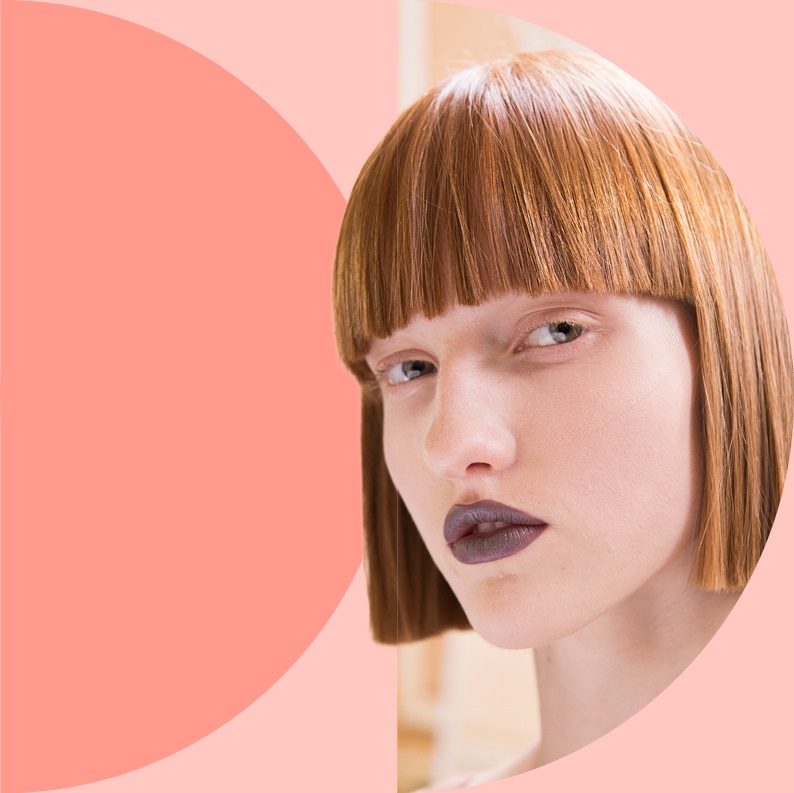
AI-Generated Fragrance Discovery
Published 29 March 2023
Japanese fragrance technologists Scentmatic have developed Kaorium, an innovative artificial-intelligence-led (AI) system that verbalises olfactory sensations and expands the way people perceive scent. It helps consumers better navigate perfume discovery in a saturated market skewed heavily towards marketing-led designer houses and conventional fragrance families.
AI-Generated Fragrance Discovery


Topics

Want to see the full report?
Offering access to over 350 consumer and cross-industry reports annually, Stylus Membership is your window to tomorrow’s most exciting opportunities.
We already arm more than 500 of the world’s most forward-thinking brands and agencies with the creative insights they need to make transformative business decisions.
We’d love to do the same for you.
Book a demo with us today to discover more.
More Reports From Stylus
More Reports From Stylus
Beauty Directions A/W 27/28
Our Autumn/Winter 2027/28 Beauty Directions provide visual styling insights, product development inspiration and marketing directives in three distinct visions: Elemental,











